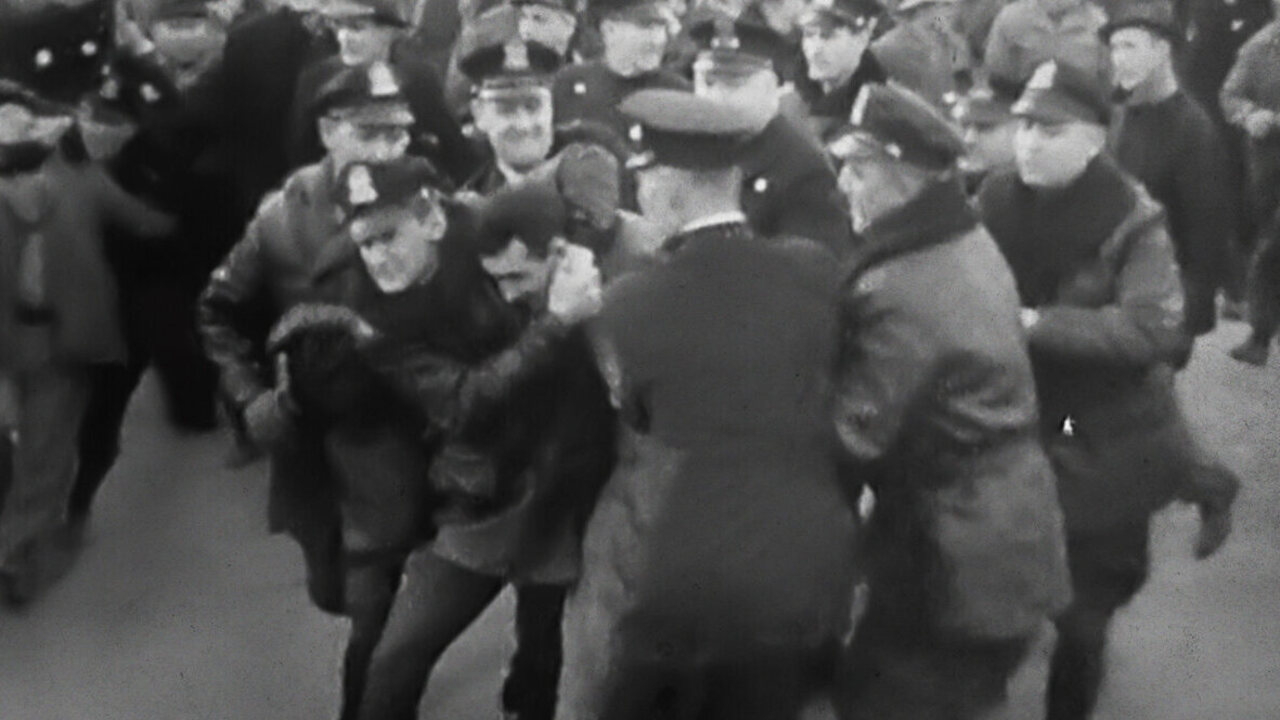
"Power," Yance Ford's 2024 documentary, electrifies the viewer from the first frame, pulling no punches in its examination of American policing. The film stands as a stark, unflinching exploration of the roots and repercussions of law enforcement practices in the United States. Available on Netflix, this documentary not only informs but deeply engages, blending rigorous historical analysis with vivid personal narratives.
Ford begins his journey by tracing the lineage of modern policing back to its unsettling origins. By uncovering the role of slave patrols and Black Codes, he reveals the foundation upon which contemporary law enforcement is built. This historical deep dive is meticulously executed, drawing connections between past injustices and the systemic biases that persist today. The documentary excels in using archival footage, seamlessly integrating these historical elements with the insightful commentary of scholars and experts who provide context and clarity.
The human element is where "Power" truly shines. Charlie Adams, a Black police officer from Minnesota, serves as a compelling narrative thread throughout the documentary. His personal struggle with the profession's systemic flaws and his harrowing encounters with violence and racism offer a raw, unfiltered look at the internal conflict faced by many Black officers. Adams' story is not just a testimony; it’s a powerful lens through which we can see the broader issues at play, making the film's message resonate on a deeply personal level.
Ford's creative approach to storytelling is both bold and effective. By juxtaposing nostalgic 1950s police footage with audio of modern police brutality, he creates a stark contrast that forces viewers to confront the dissonance between the idealized image of law enforcement and its grim reality. This technique is not just visually engaging but also profoundly thought-provoking, underscoring the pervasive and insidious nature of police violence.
The documentary is structured in a series of chapters, each with academic-sounding titles like "counterinsurgency" and "violence work." While these segments aim to highlight key themes, they sometimes disrupt the narrative flow, making the film feel more like a series of lectures. This structural choice, although intended to organize the extensive information presented, can occasionally make the viewing experience feel disjointed.
Moreover, "Power" leans heavily on academic and expert interviews. These segments, while intellectually rigorous and informative, might be dense for viewers who are not well-versed in the historical and sociopolitical nuances of the topic. The documentary's intellectual depth, while commendable, could alienate those seeking a more straightforward narrative.
Ford’s film does not shy away from advocating for radical change. It presents a compelling argument for the abolition of current policing systems, challenging viewers to rethink and question the status quo. However, this strong stance might be polarizing. The film makes a powerful case but does not always provide concrete alternatives or solutions, potentially leaving some viewers feeling more disheartened than hopeful about the feasibility of such drastic reforms.
Despite these criticisms, "Power" remains a vital and necessary documentary. It confronts us with uncomfortable truths about the legacy of policing in America, making it essential viewing for anyone interested in social justice and reform. Ford’s meticulous research and emotional storytelling combine to create a film that is both informative and impactful, urging viewers to reconsider the systems that govern our lives.
In conclusion, "Power" is a cinematic tour de force that compels its audience to engage with the harsh realities of American law enforcement. It’s a film that educates while it evokes, seamlessly blending historical depth with personal narrative to present a comprehensive critique of policing. While its academic rigor and structural choices may present some challenges, the documentary's overall impact is undeniable. Ford’s work is a call to action, encouraging us to look beyond the surface and address the deep-seated issues within our policing systems.
Final Score- [7/10]
Reviewed by - Anjali Sharma
Follow @AnjaliS54769166 on Twitter
Publisher at Midgard Times
Hi Everyone, after a due consideration, we have decided that we will be open for donations to help us in managing our website. We will be greatful for any kind of amount we receive. Thanks!
— Midgard Times 🎬 (@Moviesr_net) January 4, 2026
PayPal- [email protected] pic.twitter.com/DlNNz5Npm5
Get all latest content delivered to your email a few times a month.
Bringing Pop Culture News from Every Realm, Get All the Latest Movie, TV News, Reviews & Trailers
Got Any questions? Drop an email to [email protected]